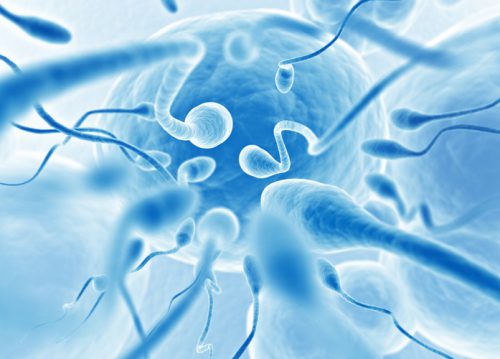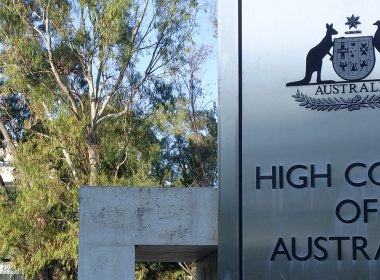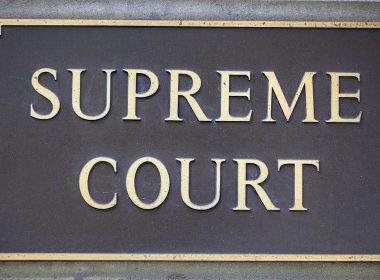Snapshot
- The recent case of Chapman v South Eastern Sydney Local Health District [2018] NSWSC 1231, has cast light on whether sperm can be extracted and used from an unconscious or dead person without prior written consent. The Court concluded that despite earlier (urgent) orders being made for the retrieval, they had no legal basis.
- The laws regarding retrieval, possession and use differ between various states and territories of Australia, adding to the complexity of this area.
- The decision urges discussion about law reform into this sensitive and often controversial subject.
A young woman’s personal tragedy has cast light on a grey area of the law in New South Wales. Namely, whether sperm can be extracted and used from an unconscious or dead person without their prior written consent. Here, the Court concluded that despite earlier (urgent) orders being made, they had no legal basis. The decision urges discussion about law reform into this sensitive and often controversial subject. Although it remains an obscure area of the law in New South Wales, posthumous sperm retrieval technology has existed for nearly four decades. The time for reform and clarification is ripe. In circumstances where applications of this nature are typically made in time-critical contexts, legislative clarification (regardless of the actual position adopted) will benefit members of the public, the legal profession and hospital staff.
Background facts
Joel and Yoshiko Chapman married in 2017. They were in their thirties and had wanted to start a family. In March 2018, their dreams were smashed. Mr Chapman had brain surgery. There were complications and he suffered a stroke. Following doctors’ advice that her husband was unlikely to survive for more than a few days, Ms Chapman obtained urgent orders from the Supreme Court of New South Wales to retrieve and preserve her husband’s sperm. Mr Chapman died the following morning. Later that day, samples of his sperm were clinically extracted. They were stored in a laboratory pending further orders. Several weeks later, Ms Chapman applied for a declaration that she was entitled to possession of her late husband’s sperm. In Chapman v South Eastern Sydney Local Health District [2018] NSWSC 1231, His Honour Justice Fagan held that Ms Chapman was entitled to possession of her late husband’s sperm, but subject to some jurisdictional twists and turns.




